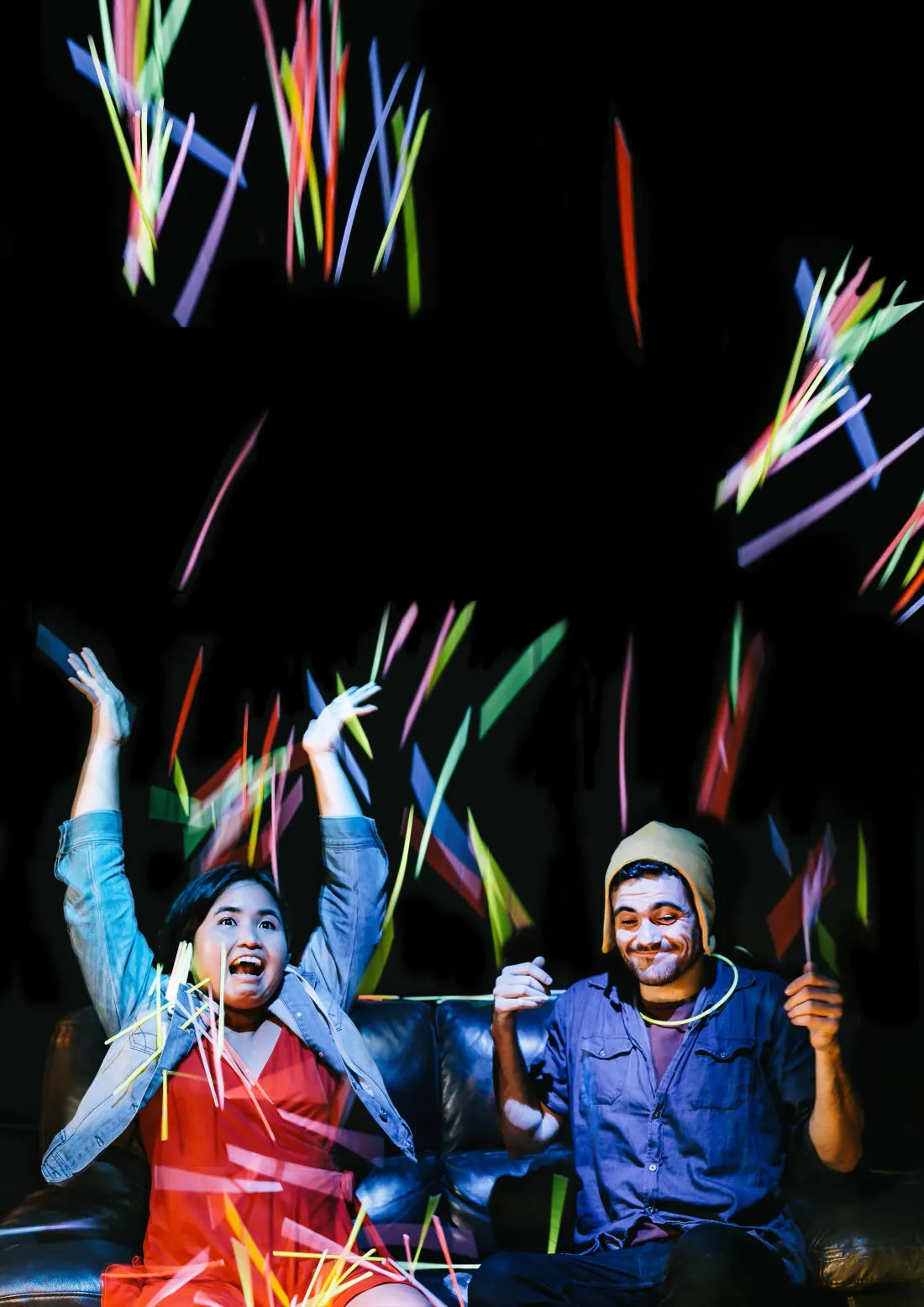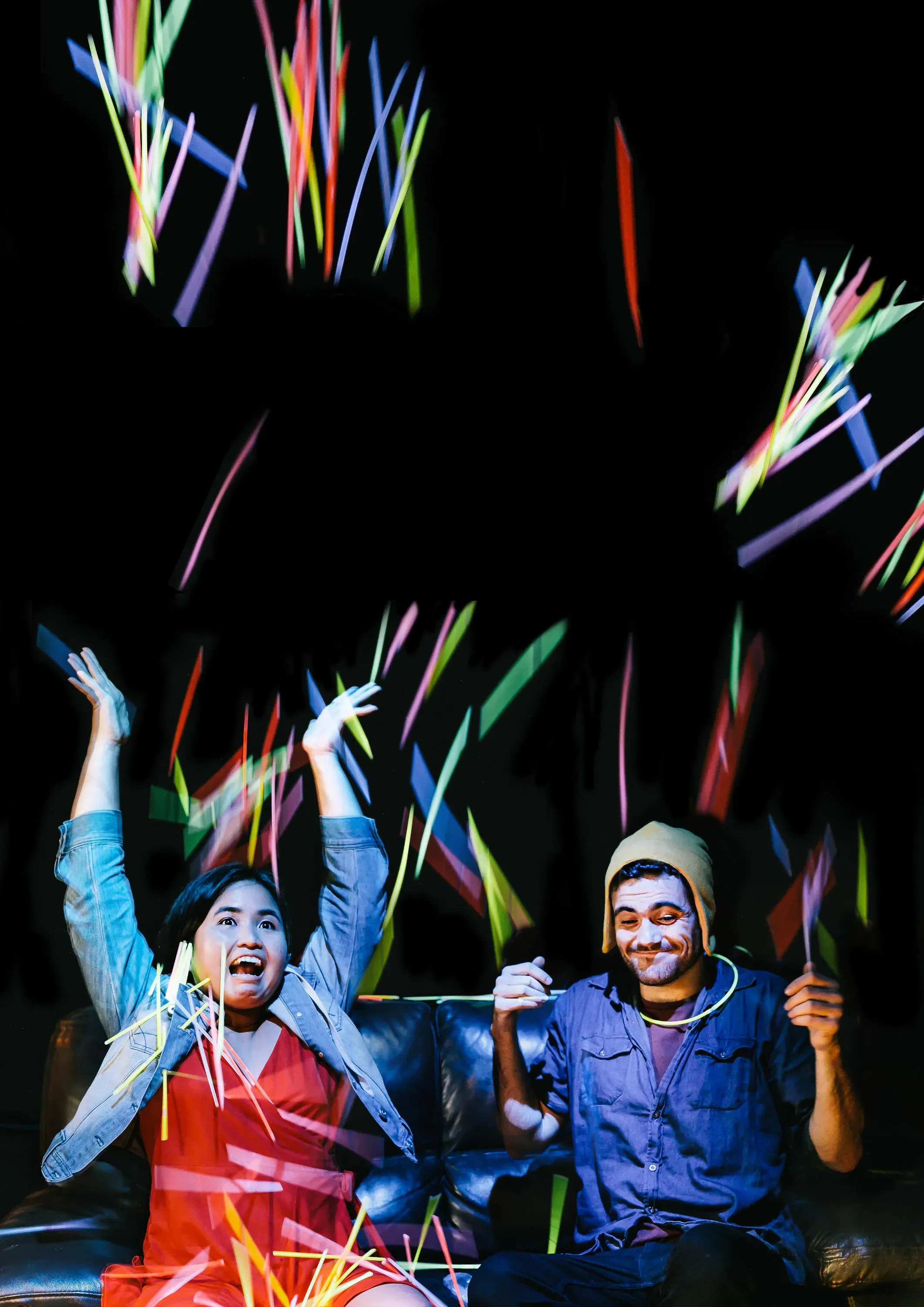SOAPBOX Deep breaths: keeping ahead of the demons
Written by


How do we live as well as we can? That’s an everyday question we all have to ask. The problem is you can't answer it alone. But we try. Constantly, we ask it of ourselves and answer it for others, both at the same time, and all the time.
‘Schizophrenia’ is just the tip of the iceberg. It’s what’s on the name tag. It’s like the lens in your glasses that keeps fogging up for no reason; or a camera that keeps taking perfectly good pictures, only with demons in the background. Just the usual: nothing a proper, well supported, well-being routine won’t fix. Bit of spit and polish, see me in the morning, thanks very much; and that’s about it.
Whānau and community are so vital in our well-being, in how we know ourselves. And again, that's true for everyone, even if you like to tell yourself you're a cool loner. Tried that. Failed horribly. And besides, it won’t actually keep the power on. You’ve got to pay the bill each month.
On the contrary, we measure ourselves with - and against - other people. We have meaning because of others, and how we exist within all the stuff that life is filled with. That's why we tell stories in the first place. To place ourselves in the world.
The game’s still the same, but your head’s telling you the rules are different.
Schizophrenia warps all that. You have to look a little bit longer at the world sometimes because your head is telling you, “all is not as it seems”.
Sometimes it's physical, seeing things which aren't there, hearing voices; sometimes it’s emotional, “I can't talk to that person because they hate me, I know it!” We've all felt that to some degree, but schizophrenia messes with us because it makes us believe it.
“I know they do!”
That's the hard bit. You're not afraid the world is out you get you, you know damn well it is. That's the challenge schizophrenia presents you with. The game’s still the same, but your head’s telling you the rules are different. You know they’re not, but it makes no difference.
How do we live, and live well, with the certain knowledge that difficult things are going to crop up, no doubt about it.
For the longest time, I survived by refining my existence back to the basics. I became a master of routine: wake, wash, work, gym, home, shower, dinner, internet, sleep. It's easier to know the rules for inanimate things than people. And there's a safety in isolation. But safety is not always a positive. Sometimes, it’s the opposite.
And that's the heart of Breathe. It’s a show about connection. It's not a show about information or education: it's a conversation. I don't have all the answers. And if I did I wouldn't have written a play about it. I'd have a book deal, speaking engagements and a syndicated column: good times, for another time.
Instead, it's a show that reminds us that we're all asking the same question. How do we live, and live well, with the certain knowledge that difficult things are going to crop up, no doubt about it. Whether that's schizophrenia, poor eyesight, or whatever. Maybe you're short: I don't know.
Whatever it is, we're all in this together, we're all on the same side, and joy is always possible.
We break stigmas and shift perceptions by inviting our audiences into the experience.
Breathe is our way of trying to exist in front of this troublesome, foggy lens, and hold the audience safely in that space while we do it. To return to the extended metaphor, we’re grabbing the camera with random demon filters, and seeing what else it can do, together.
We break stigmas and shift perceptions by inviting our audiences into the experience.
Working alongside our friends at Taurima Vibes and Like Minds Like Mine, we’re trying to shift the way audiences witness and engage with these kinds of stories. Rather than just present it or try to ‘teach’ it, Breathe asks ‘so this is a part of us, how do we make the most of that?’
Daniel Goodwin is the writer of Breathe, at Auckland’s Basement Theatre, August 21 - 25.